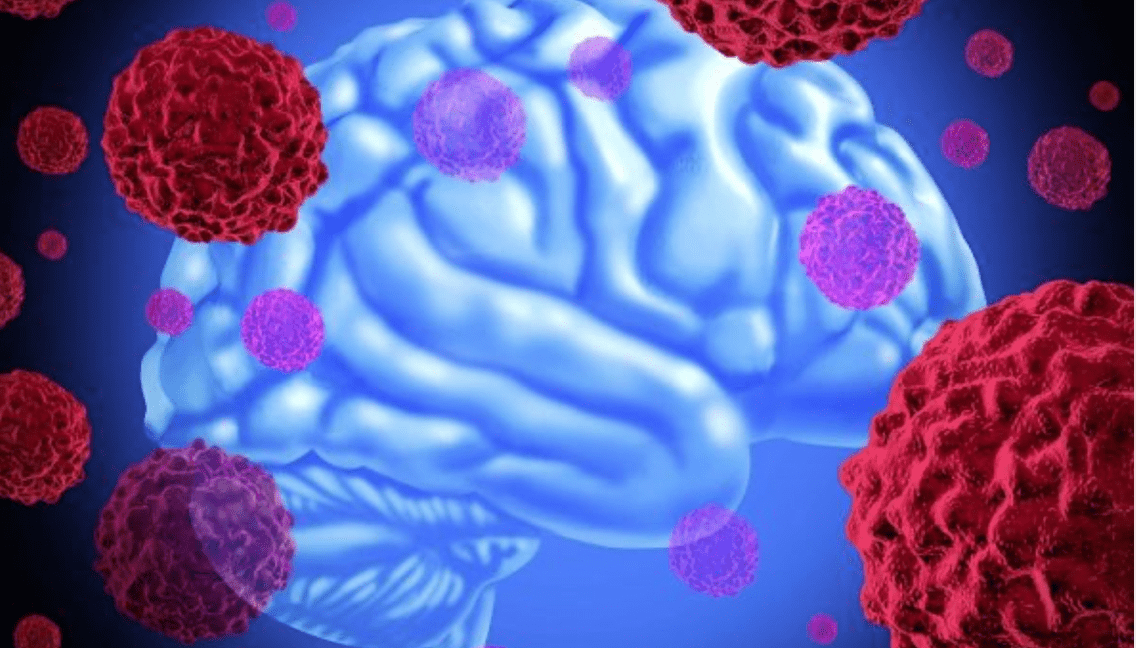Calls for Ukraine
Calls for Europe
Calls for USA

Researchers from Queen Mary University of London, the Chinese Academy of Sciences and Capital Medical University in Beijing tested treatment with the virus on eight patients with glioblastoma. The treatment proved to be safe and effective when administered at a dose lower than the maximum dose, and one patient achieved complete remission, allowing the treatment to proceed to Phase II clinical trials.
Glioblastoma is the most common and fatal type of brain cancer. After diagnosis, most patients survive no more than 14 months. Current treatments have limited effect, and tumor recurrences are common.
Oncolytic viruses – viruses that selectively target and kill cancer cells while leaving healthy cells intact – have attracted attention as promising treatments and have been tested extensively on glioblastoma. However, the application of these therapies is fraught with challenges.
“Most existing oncolytic viruses are ineffective at low doses and too toxic at high doses. The main challenge is to improve efficacy without causing harmful side effects,” said Prof. Yaohe Wang (Yaohe Wang), co-author of the study.
Eight patients with glioblastoma that recurred after surgery participated in a phase I dose escalation study. Patients received one of three doses of a novel virus called Ad-TD-nsIL12. The team determined the maximum tolerated dose, below which treatment was safe and well tolerated, with few to moderate side effects.
Encouragingly, one patient achieved a complete response, meaning the tumor disappeared completely, and another achieved a partial response, in which the tumor shrank. The results of the phase I study have been published in the journal Nature Communications.
During a recent visit to Beijing, Prof. Wang was able to meet some of the patients who have benefited from his invention. “I was introduced to a patient who had fully responded to the treatment, he shook my hand and thanked me, – Prof. Wang mentions. – I was very touched by this event, and it confirmed the potential of this therapy and the need to continue working hard to develop it”.
The success of the Ad-TD-nsIL12 virus lies in its unique design. The team genetically engineered an adenovirus (a type of virus that typically causes the common cold) to deliver a modified version of IL-12, one of the most potent immune-enhancing proteins. IL-12 has shown great potential in suppressing tumor growth, but in its natural form it can be extremely toxic.
To overcome this problem, the team developed a modification that limits its release from cells, restricting its area of action around the tumor and preventing it from accumulating to high levels throughout the body.
The researchers believe that Ad-TD-nsIL12 could be a promising candidate for combination therapy, potentially working together with other treatments such as immunotherapy.
After the initial results, the team plans to move on to a phase II trial to be conducted at Beijing’s Sanbo Hospital, where the effectiveness of this treatment can be more fully evaluated in a larger group of patients with glioblastoma. In addition, the researchers believe that this treatment may also hold promise in other types of cancer.
The work, which brings together experts from Beijing and London, highlights the importance of international collaboration in advancing cancer research. Professor Wang emphasized: “This collaboration has been key to the success of the project and we look forward to continuing to work together to further develop this promising therapy.”
Please rate the work of MedTour
